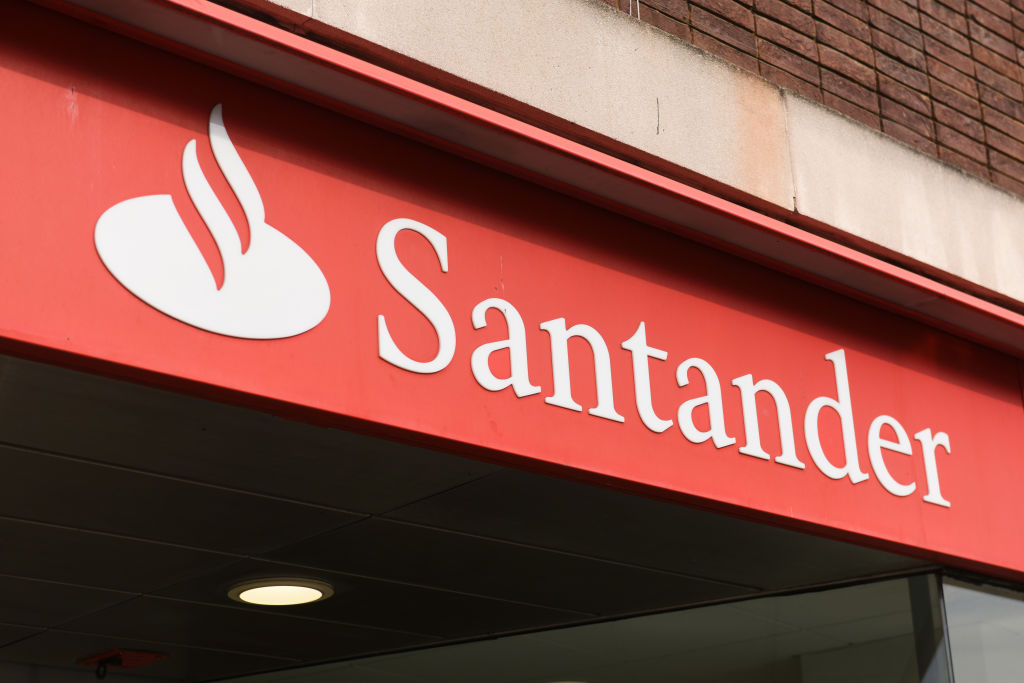The pension income-drawdown time bomb
Some pension savers being paid a regular income from their retirement funds could be heading for disaster.


Get the latest financial news, insights and expert analysis from our award-winning MoneyWeek team, to help you understand what really matters when it comes to your finances.
You are now subscribed
Your newsletter sign-up was successful
Want to add more newsletters?

Twice daily
MoneyWeek
Get the latest financial news, insights and expert analysis from our award-winning MoneyWeek team, to help you understand what really matters when it comes to your finances.

Four times a week
Look After My Bills
Sign up to our free money-saving newsletter, filled with the latest news and expert advice to help you find the best tips and deals for managing your bills. Start saving today!
Are pension savers heading for disaster by taking too much cash out of income drawdown plans early in retirement? Research from personal finance analyst Moneyfacts suggests that 70% of savers opting for a regular income from an income drawdown plan are taking 4% or more of their fund out each year. That includes 30% who are taking an income of 8% or more. Moneyfacts also reckons that 13% of savers have already burned through their entire pension fund.
A crisis is brewing
We may be heading for a crisis with income drawdown plans, which have soared in popularity since the pension freedom reforms of 2015. While the vast majority of savers used to convert pension fund savings into income via an annuity guaranteed for life, income drawdown plans allow you to withdraw cash directly from your pension fund. Crucially, there are no limits on withdrawals and nothing to stop you withdrawing your entire pension fund early in retirement, or even in one go.
Moneyfacts' data echoes recent warnings from the Financial Conduct Authority (FCA), the financial watchdog, which has repeatedly suggested that savers may be withdrawing too much from their pension funds. The FCA estimates that 40% of income drawdown plan holders are withdrawing at least 8% of their pension fund each year.
MoneyWeek
Subscribe to MoneyWeek today and get your first six magazine issues absolutely FREE

Sign up to Money Morning
Don't miss the latest investment and personal finances news, market analysis, plus money-saving tips with our free twice-daily newsletter
Don't miss the latest investment and personal finances news, market analysis, plus money-saving tips with our free twice-daily newsletter
There is no clear limit on how much you can take out of your pension each year if it is to last for your whole retirement. That will depend on how long you live, but the way in which you invest your remaining pension fund will also be important, since this provides opportunities to replenish your savings. However, financial experts suggest that a withdrawal rate of 3% to 4% a year is at the top end of a safe drawdown programme, particularly for savers who have invested their pension fund in low-risk assets likely to generate lower levels of return. In that case, many savers will run out of pension fund well before their deaths.
So far, however, regulators have been reluctant to intervene. One major problem is that their data is incomplete: it measures people's withdrawal rates from each pension fund they hold rather than from their entire pension savings. In many cases, regulators suspect, savers withdrawing significant levels of income from one fund have other pension plans to fall back on.
Still, the data shows that people taking out income drawdown plans without first consulting an independent financial adviser are more likely to be withdrawing larger amounts. That suggests some may not understand the risks they are taking. Many in the pension industry now believe that the spread of income drawdown plans may prove to be a time bomb.
Get the latest financial news, insights and expert analysis from our award-winning MoneyWeek team, to help you understand what really matters when it comes to your finances.

David Prosser is a regular MoneyWeek columnist, writing on small business and entrepreneurship, as well as pensions and other forms of tax-efficient savings and investments. David has been a financial journalist for almost 30 years, specialising initially in personal finance, and then in broader business coverage. He has worked for national newspaper groups including The Financial Times, The Guardian and Observer, Express Newspapers and, most recently, The Independent, where he served for more than three years as business editor.
-
 Early signs of the AI apocalypse?
Early signs of the AI apocalypse?Uncertainty is rife as investors question what the impact of AI will be.
-
 Reach for the stars to boost Britain's space industry
Reach for the stars to boost Britain's space industryopinion We can’t afford to neglect Britain's space industry. Unfortunately, the government is taking completely the wrong approach, says Matthew Lynn
-
 Why pension transfers are so tricky
Why pension transfers are so trickyInvestors could lose out when they do a pension transfer, as the process is fraught with risk and requires advice, says David Prosser
-
 Santander launches best easy access savings rate in 14 years
Santander launches best easy access savings rate in 14 yearsSantander launches market leading easy access savings rate, but you’ll have to act fast if you want to take advantage - we have all the details
-
 Bank of Baroda closes doors to UK retail banking
Bank of Baroda closes doors to UK retail bankingAfter almost 70 years of operating in the UK, one of India’s largest bank is shutting up shop in the UK retail banking market. We explain everything you need to know if you have savings or a current account with Bank of Baroda
-
 The rise and fall of finfluencers as FCA clamps down on poor advice
The rise and fall of finfluencers as FCA clamps down on poor adviceFCA clamps down on ‘finfluencers’ - but will it protect consumers from ‘bad advice’? Kalpana Fitzpatrick looks at the rise and fall of finfluencers
-
 Lloyds, Santander and HSBC hike savings rates
Lloyds, Santander and HSBC hike savings ratesBanks and building societies have been raising their savings rates as the base rate continues to rise. Our round-up of all the savings rates hikes.
-
 FCA: Banks with lowest savings rates to face “robust action”
FCA: Banks with lowest savings rates to face “robust action”The regulator has unveiled a new 14 point plan that will force savings providers to justify low interest rates on easy access savings accounts - will your savings get a boost?
-
 Watchdog summons banks to explain paltry savings rates
Watchdog summons banks to explain paltry savings ratesSavings rates trail mortgage rates - and the financial watchdog has summoned banks to a meeting amid concerns of profiteering.
-
 Consumer Duty: how the rules are changing financial services - and what they mean for you
Consumer Duty: how the rules are changing financial services - and what they mean for youConsumer Duty rules came into force almost a year ago, aiming to put customers’ needs first - but have they made a difference?